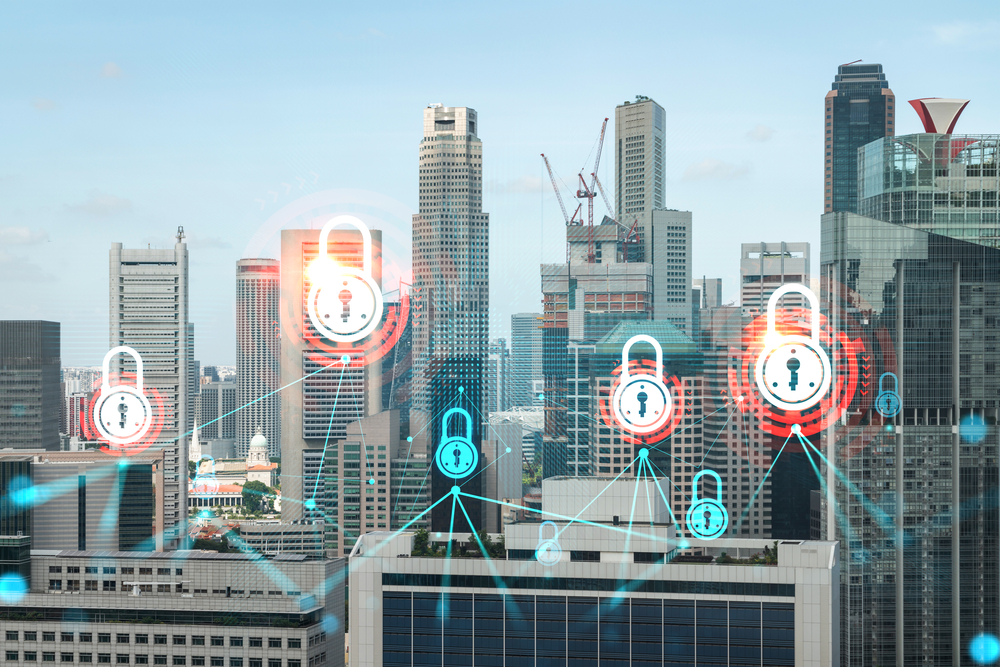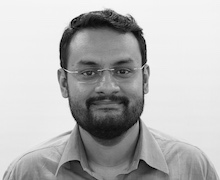
Internal security has remained one of the core focus areas for India. As India now aspires and rises to taking the high seat in the comity of nations, the security challenges become more compounded and complex. A host of ingredients ranging from domestic challenges to external scenarios impact internal security.
From independence, India has tackled home grown insurgencies, externally fuelled rebellions, militancy and terrorism. By using a mix of approaches tuning and combining economic, political, military and kinetic approaches, it has been able to deal with these provocations threatening the integrity and sovereignty of the country with remarkable success. However, these challenges morph themselves in newer forms and configurations. The pace of change particularly in the past two decades has been accelerated by multiple factors. In dealing with the internal security challenges which remain the most critical, agencies of the state including CAPF have to remain relevant and effective against the new evolving scenario.
Certain challenges that keeping coming to dominate the narrative and have to be constantly factored in are as follows: First is the accelerated change in international geopolitics. A constantly rising India will face push back from some, in fact, many countries. The turbulent rise and nexus of various state and non-state actors, terrorism and increasing radicalisation, the emergence of psy-war etc. will all have to be taken into account while developing new doctrines, SOPs, strategies for all stakeholders in the security apparatus.
The rapidly changing internal dynamics of the country needs to be constantly monitored. An ancient civilisation and a young modern state has to overcome the challenges of unemployment, poverty, socio-economic divides. Internal security issues tend to accentuate and grow out of the fissures the society faces. The legitimate aspirations of our youth, along with factoring in global yet local problems of environmental degradation and ill effects of climate change which manifest in rising frequency of disasters, economic dislocation etc. are all critical in the evolving security scenario. The PM has on numerous occasions highlighted that the core strength of this nation lies in diversity of our varied cultures, beliefs and practices underpinned by the thread of unity.
The most critical element remains that of technology. It is altering the security landscape. Lightning changes and advances in hardware, software from Big data to systems autonomy to miniaturisation to robotics paired with networked communications have altered the fabric of daily life. These changes have fuelled competition between states and between state and non-state actors. A new dimension of risk to personal and national security is being seen. Disruptive tech like AI, ML, AR, manned-unmanned aerial systems, big data analytics, 5G, are acting both as an enabler and a major disruptor. The weaponization of social media, disinformation, attacks on critical infrastructure of the country all indicate toward a hybrid warfare scenario where operating below the threshold of an out and out hostility seems more profound. Tactical actions are tending to have strategic effects.
War is no more an effective instrumentality to achieve ends. Wars are more transparent and now with other means like covert operations, psy-war, proxy-war, sabotage and subversion with a mix of technology is much dicier and more difficult to handle. The enemy is invisible in cyberspace and social media which remain borderless and grey in operation. The new emerging technologies via re-creating operational scenarios, technology capability stacks and further adoption needs to be an imperative exercise by our stakeholders across the national security architecture. This means that the doctrines, SOPs, the equipment profile, training, the organisational culture et cetera will have to change appropriately and rapidly.
The velocity and scale and potential consequences of emerging tech is unprecedented and still a far shot in terms of assessing the framework of operation. The new risks that present themselves as in the case of information operations, cyber-attacks or genetically biological threats are shaping the next generation of warfare.
In the past, a technological breakthrough was often followed by a period of relative stability, giving policymakers and regulators a chance to play catch-up in developing new rules of the road. Today, techniques and methods related to certain technologies—for example, tongue processing—are rapidly and constantly evolving, making it particularly difficult for policymakers to master a domain of expertise.
In addition, many present-day innovations are very open in nature rather than yester year ones which were shrouded in a veil of secrecy. Their access is very democratised where anyone with relevant skills and access to the internet could fathom their use and employ their techniques. The nature of military and economic rivalry is shifting so profoundly that our old techniques for
engaging and understanding are misaligned with the competition going on globally. Such changes are here to remain, and future hostilities are likely to require the form of data operations, property theft, cyberattacks, and therefore, the undermining of democratic institutions. The new security landscape is especially expedient to adversaries who enjoy certain asymmetric advantages—such as quantities of knowledge, demographic trends, and autocratic control over information flow—creating an environment hospitable to authoritarian regimes.
Another defining aspect is of coordination. Dealing with internal security challenges requires coordinated rational and approach. A siloed approach has done us no good. Confluence of technology and whole-of-government action approach is the need of the hour as emphasised by the Hon’ble PM. Shortcomings in this area will hamper adoption of emerging tech and associated changes.
An ideal reform option would satisfy the subsequent criteria:
- Cognition of the urgency to grapple with emerging technology in the apparatus and domain of security;
- Build capacity and expertise on the technology-security nexus;
- Breaking of silos and shedding of legacy systems entailing a reflection of broad diplomatic, security , legal and economic objectives along with ethical considerations;
- Create contact, consultation, and problem solving with the private sector and academia, reflecting the shift in the locus of innovation outside of government resulting in technology road mapping, technology capability stacks and potential advisory notes to inform future procurement procedures.
AGNIi, Invest India intends to support the technological innovation in this sphere which has been an exceptional source of India’s progress, vitality and sovereignty. The security landscape is evolving so rapidly and unexpectedly, the institutions we trust to protect us must be supported in their endeavour to keep up.






